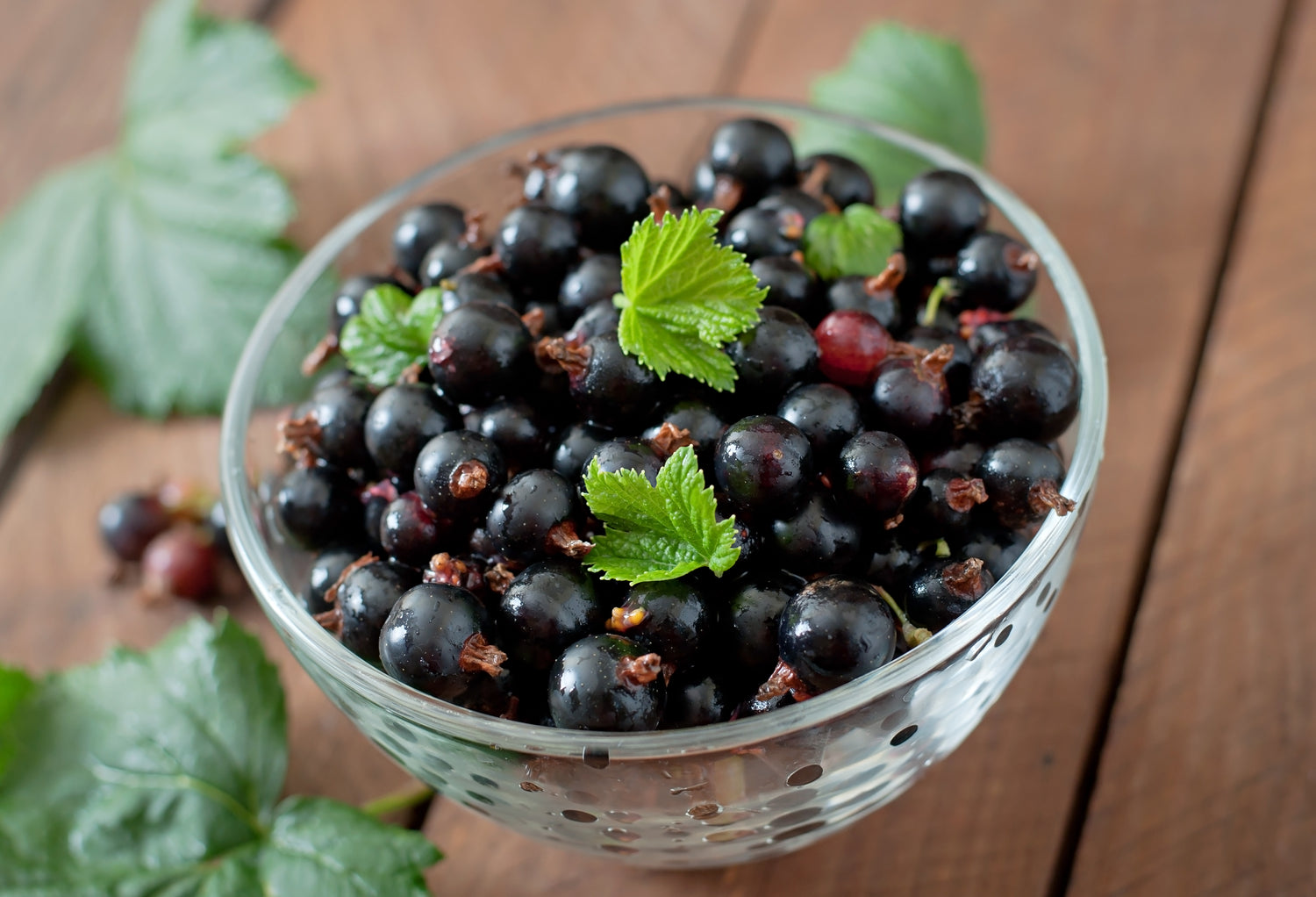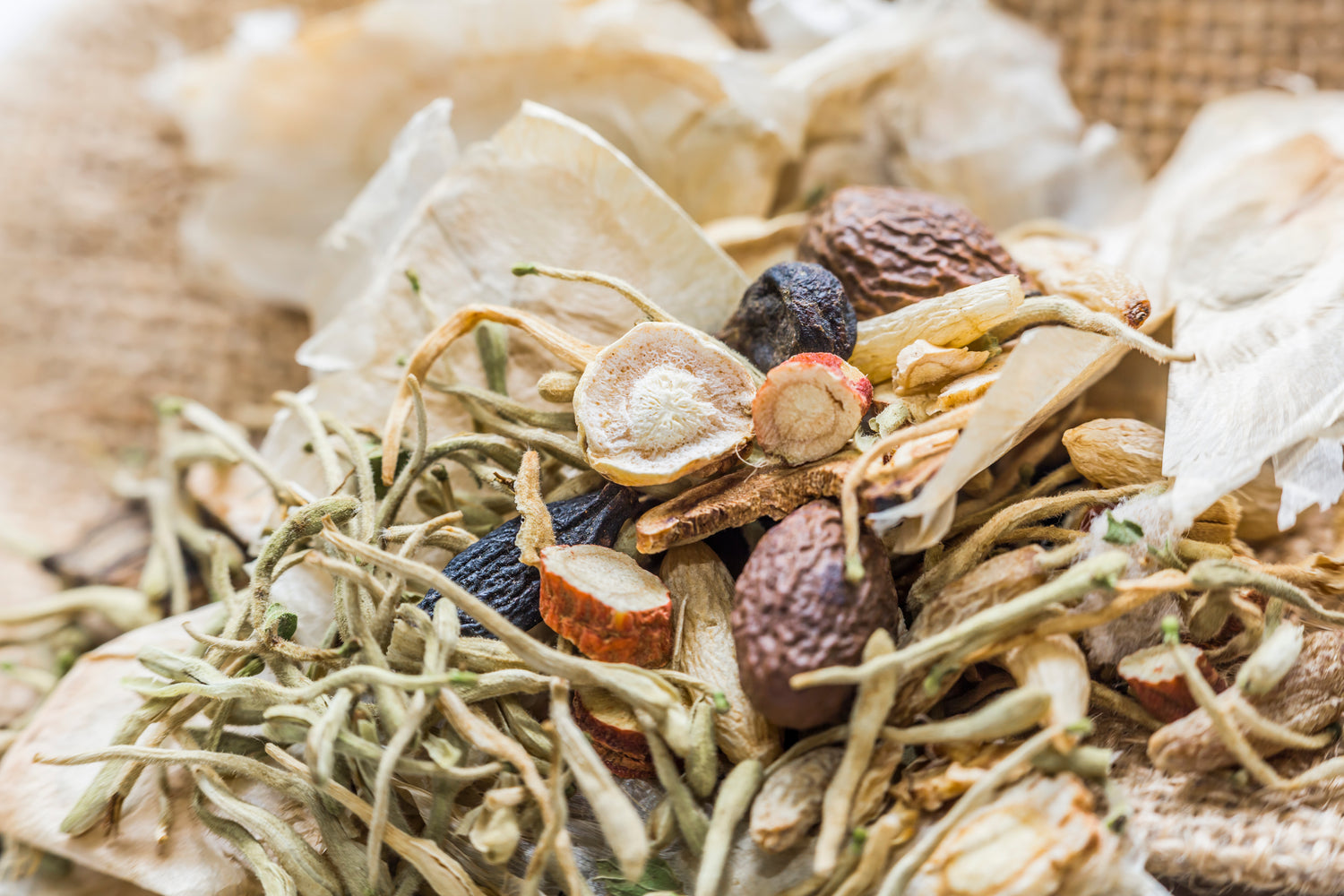Gingko Biloba
Cognitive Enhancement and Brain Performance
Ginkgo Biloba extract (GBE) has been shown to moderately enhance cognitive processes, including memory and working memory, in healthy individuals. A study by Silberstein et al. (2011) found that GBE improved behavioural performance on a working memory task and altered brain activity patterns, suggesting more efficient cognitive processing. Another investigation revealed that sustained attention and pattern recognition memory were significantly improved after acute Ginkgo treatment (Kumar et al., 2002).
In the context of neurodegenerative diseases, Ginkgo biloba is often utilized to alleviate symptoms associated with dementia and Alzheimer’s disease. While results are mixed, some studies indicate that GBE can improve cognitive function in these populations. For example, a review of clinical trials found that GBE, may play a neuroprotective role and potentially prevent memory loss in neurodegenerative diseases (Frontiers in Pharmacology, 2020). Additionally, a study highlighted Ginkgo’s ability to increase neurogenesis in mouse models, further supporting its cognitive-enhancing potential (Zhang et al., 2021).
Stress Reduction
Ginkgo biloba exhibits notable anxiolytic and antistress properties. Research demonstrates that GBE can reduce stress-induced blood pressure and cortisol levels, suggesting its efficacy in managing stress responses (Jezova et al., 2002). In animal models, GBE has been shown to restore normal levels of stress-related neurotransmitters, such as norepinephrine and serotonin, highlighting its potential to alleviate anxiety and improve emotional well-being (Kumar et al., 2002). Furthermore, some studies indicate that GBE may enhance mood and reduce symptoms of depression, suggesting its utility as an adjunct therapy for these conditions (ASEAN Journal of Psychiatry, 2022).
Focus and Attention
While some studies report improvements in sustained attention and specific cognitive tasks after Ginkgo administration, results can vary across different cognitive tests. Ginkgo biloba may enhance focus by improving overall cognitive function, but more research is needed to confirm its specific effects on attention (Frontiers in Pharmacology, 2020). As GBE is associated with improved mental clarity, individuals seeking to boost focus during demanding tasks may find Ginkgo beneficial.
Conclusion
In summary, Ginkgo biloba has been shown to enhance cognitive function, reduce stress, and improve focus and mental clarity. Its effects on memory, neuroprotection in neurodegenerative conditions, and mood enhancement underscore its potential as a valuable supplement for cognitive health.
Bibliography
- Silberstein, R. B., Pipingas, A., Song, J., Camfield, D. A., Nathan, P. J., & Stough, C. (2011). Examining brain-cognition effects of Ginkgo biloba extract: Brain activation in the left temporal and left prefrontal cortex in an object working memory task. Evidence-Based Complementary and Alternative Medicine, 2011, 1–11. doi: 10.1155/2011/164139.
- ASEAN Journal of Psychiatry. (2022). Ginkgo Biloba Leaves Extract for the Treatment of Anxiety, Stress, and Depression. ASEAN Journal of Psychiatry, 23(4), 1–7.
- Frontiers in Pharmacology. (2020). An Updated Review of Randomized Clinical Trials Testing the Efficacy of Ginkgo Biloba Extract on Cognitive Function. Frontiers in Pharmacology, 10, 1688. doi: 10.3389/fphar.2019.01688.
- Jezova, D., et al. (2002). Reduction of rise in blood pressure and cortisol release during stress by Ginkgo biloba extract (EGb 761) in healthy volunteers. Journal of Human Hypertension, 16(5), 337–344. doi: 10.1038/sj.jhh.1001389.
- Zhang, Y., et al. (2021). Ginkgo biloba extract improves cognitive function and increases neurogenesis in 5×FAD mice. Frontiers in Neuroscience, 15, 1–12. doi: 10.3389/fnins.2021.656331.
- Kumar, A., et al. (2002). Ginkgo biloba normalizes stress-elevated alterations in brain catecholamines, serotonin and plasma corticosterone levels. European Journal of Pharmacology, 449(3), 269–275. doi: 10.1016/s0014-2999(02)02051-9.
- Mount Sinai. Ginkgo biloba Information.
Medical News Today. (2023). Ginkgo biloba: Health benefits, side effects, risks, and history.

Blackcurrants (Ribes Nigrum)
Blackcurrants, scientifically known as Ribes nigrum, are small, dark berries packed with nutrients and bioactive compounds, particularly polyphenols, that have garnered attention for their potential health benefits.
These berries are particularly rich in anthocyanins, flavonoids, and vitamin C, which contribute to their antioxidant properties.
Increasingly, research is highlighting the cognitive-enhancing effects of blackcurrants, as well as their role in stress reduction and overall mental performance.

Gingko Biloba
Ginkgo biloba, or maidenhair, is a tree native to China that has been grown for thousands of years for a variety of uses. Because it’s the only surviving member of an ancient order of plants, it’s sometimes referred to as a living fossil. It may help reduce inflammation and benefit heart, brain, and eye health.
Ginkgo biloba has been researched for its potential effects on brain function, stress reduction, and mental focus. Its use in traditional medicine is well-documented, and modern research continues to explore its benefits in cognitive health.

Ginseng
Ginseng, particularly Panax ginseng, has been extensively studied for its potential cognitive enhancing effects and its role in reducing stress and improving mental sharpness.
Traditionally used in various cultures for its health benefits, ginseng is recognized for its adaptogenic properties, which help the body manage stress and promote overall well-being.

L-Theanine
L-theanine, an amino acid predominantly found in green tea, has been extensively studied for its effects on brain function and mental performance. This compound has garnered attention for its ability to promote relaxation without sedation, making it a valuable supplement for enhancing cognitive function and reducing stress.

